

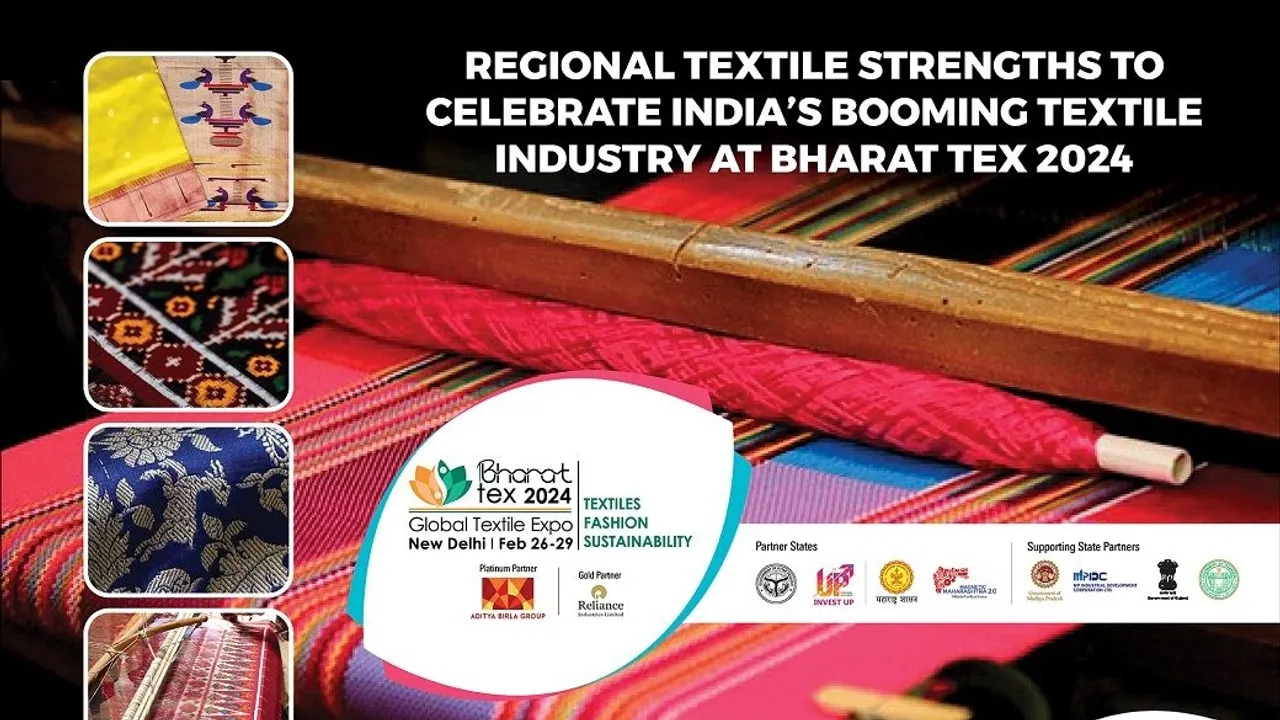
Subbah, a homegrown Indian brand, is redefining the fashion industry by honouring India's textile heritage through traditional handloom techniques. Their commitment to ethical craftsmanship and environmental responsibility shines through every garment, which is rooted in the Hindi word for "a new morning." From the meticulous process of creating khadi to the application of signature designs and prints, each step in Subbah's production is a collaborative effort with skilled artisan clusters of West Bengal. Not only does this preserve traditional crafts, but it also provides fair wages and safe working conditions. Subbah's mission aligns with the growing movement towards greater sustainability and ethical practices in the fashion industry.
Khadi: A Sustainable and Ethical Fashion Trend
In recent years, there has been a growing trend towards more sustainable and ethical fashion practices. Consumers are becoming increasingly aware of the environmental and social impact of their clothing choices, and they are looking for brands that align with their values. One such brand is Subbah, a homegrown Indian brand that is redefining the fashion industry by honouring India's textile heritage through traditional handloom techniques.
Khadi, India's Traditional Fabric
Khadi is a handspun and handwoven fabric that has been used in India for centuries. It is typically made from cotton, but can also be made from silk, wool, or other fibres. Khadi is known for its durability, breathability, and absorbency. It is also a sustainable fabric, as it is produced without the use of chemicals or dyes.
Subbah: A Pioneer in Ethical Fashion
Subbah was founded in 2014 by two friends, Supriya Jain and Sambhav Jain. The brand's mission is to create sustainable and ethical fashion that is also stylish and affordable. Subbah works with skilled artisan clusters in West Bengal to produce its garments, using traditional handloom techniques. This not only preserves traditional crafts, but also provides fair wages and safe working conditions.
Subbah's Commitment to Sustainability
In addition to its use of traditional handloom techniques, Subbah is also committed to environmental sustainability. The brand uses organic cotton and other sustainable materials in its garments, and it minimizes waste throughout its production process. Subbah is also a member of the Sustainable Apparel Coalition, a global alliance of fashion brands, retailers, and manufacturers that are working to create a more sustainable fashion industry.
Top 5 FAQs About Khadi and Subbah
1. What is khadi fabric?
Khadi is a handspun and handwoven fabric that is typically made from cotton. It is known for its durability, breathability, and absorbency.
2. What is Subbah?
Subbah is a homegrown Indian brand that is redefining the fashion industry by honouring India's textile heritage through traditional handloom techniques. The brand is committed to ethical craftsmanship and environmental responsibility.
3. What are the benefits of wearing khadi?
Khadi is a sustainable fabric that is produced without the use of chemicals or dyes. It is also breathable, absorbent, and durable.
4. Where can I buy Subbah clothing?
Subbah clothing is available online at the brand's website and at select retailers worldwide.
5. How can I learn more about khadi and sustainable fashion?
There are a number of resources available online that can provide you with more information about khadi and sustainable fashion. You can also visit the Subbah website to learn more about the brand's commitment to sustainability.
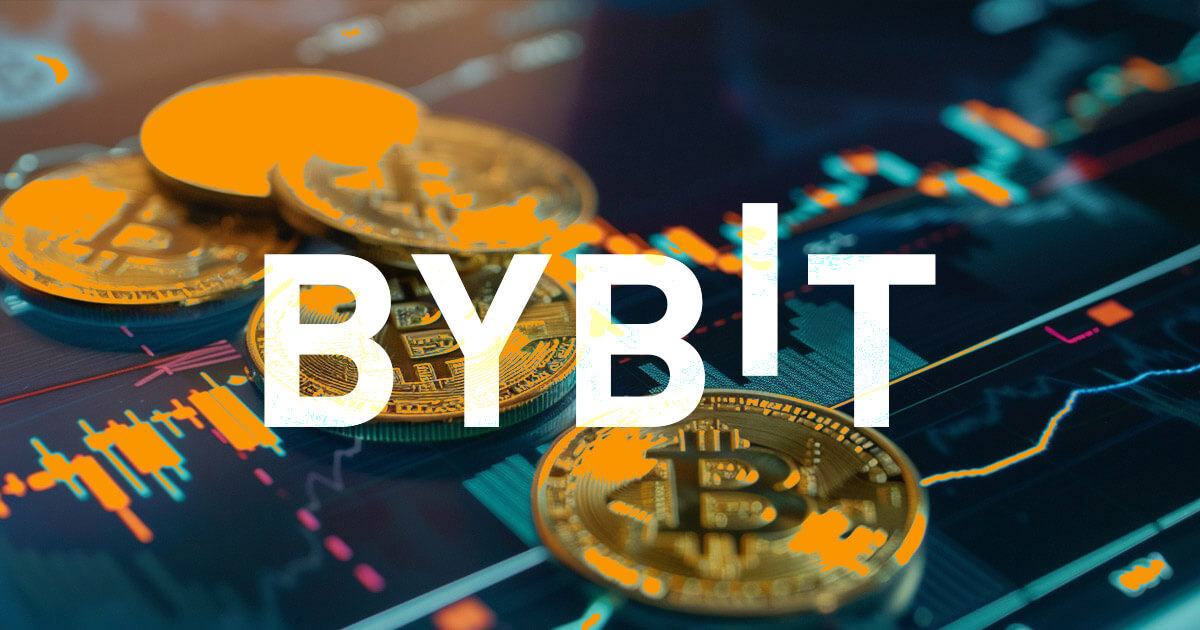
Bybit, a popular Singapore-based crypto exchange, has been hit by a massive hack resulting in an estimated loss of $1.46 billion in Ethereum. The co-founder and CEO of the exchange, Ben Zhou, took to social media to reassure users that their assets are safe and that the exchange will continue to operate normally. The hack was confirmed by the exchange, but exact details of the attack are still unknown. Bybit has pledged to provide constant updates and maintain transparent and secure operations for its users.
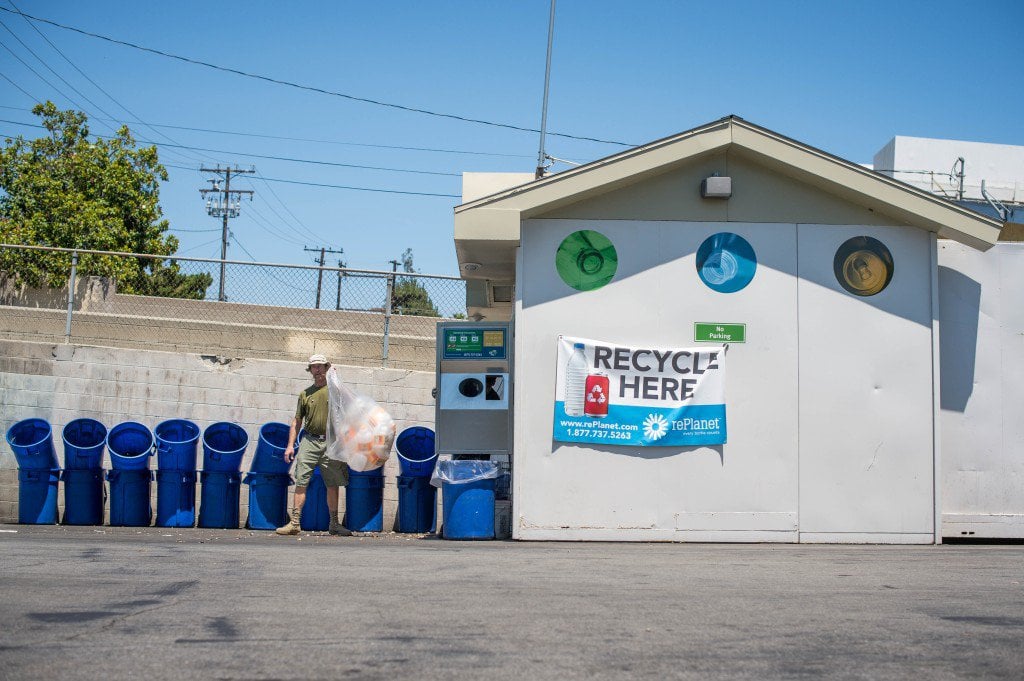
The recent closure of RePlanet Recycling's 284 centers and processing facilities throughout California has greatly affected residents of San Ramon Valley, who will now have to travel to the next nearest buy-back center in Pleasanton. This is a result of increased operating costs and decreased pricing for recyclables, leading to the company's decision to lay off their entire workforce and shut down operations. This closure also highlights the rising costs of recycling and waste management, with San Ramon residents set to experience a 30-45% increase in waste services costs come January 2020.
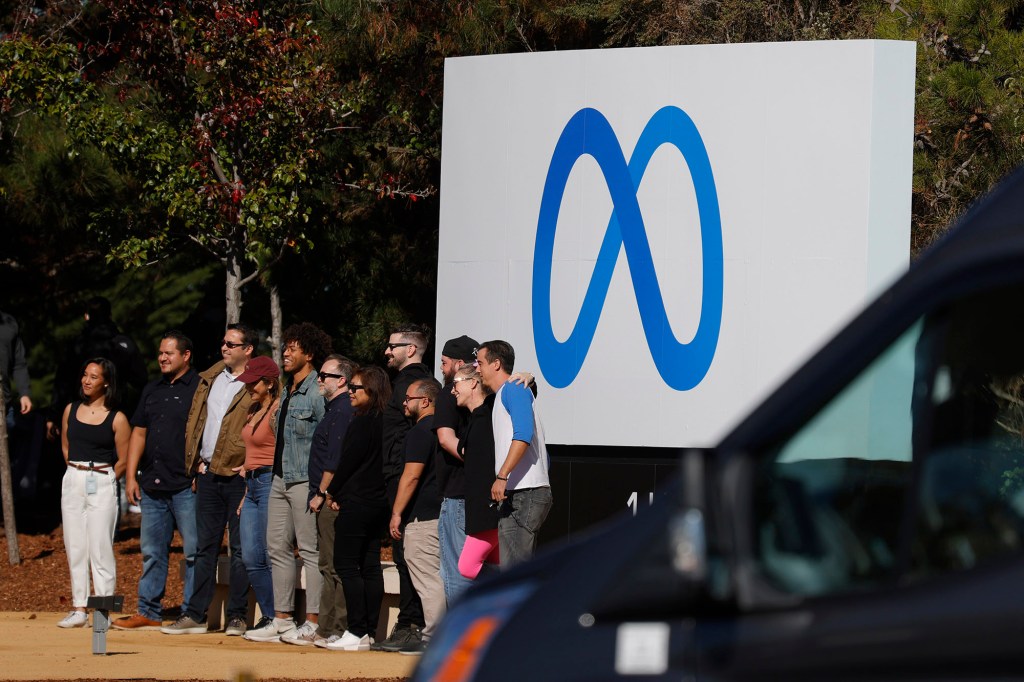
Amidst its efforts to restructure, technology giant Meta has laid off nearly 4,000 employees, many of whom claim to have received positive performance reviews just last year. According to employees, their ratings were unexpectedly downgraded, making them eligible for termination. These layoffs have caused disruptions and disheartened employees who were previously told that only low performers would be affected. The move also raises questions about Meta's true intentions and the fairness of their performance review process.

In a major move impacting the future of the James Bond franchise, Amazon has reportedly paid an additional $1 billion for full creative control of the iconic series from Barbara Broccoli and Michael G. Wilson. This comes on top of the already massive $8.5 billion acquisition of MGM by Amazon, with the added sum intended to allow Broccoli and Wilson to fully steer and exploit the IP. With Amazon's aggressive expansion plans, including the establishment of an international theatrical distribution arm and potential expansion into a full cinematic universe, this move solidifies the company's hold on one of the biggest and most beloved franchises in film history.

India and Qatar are looking to strengthen their trade relationship by doubling their trade to $28 billion by 2030. This will be achieved through an increase in India's LNG imports from Qatar, which is planning to expand its LNG export capacity. However, the US is also a major competitor in the Indian LNG market, creating a challenge for India to boost its imports from Qatar.
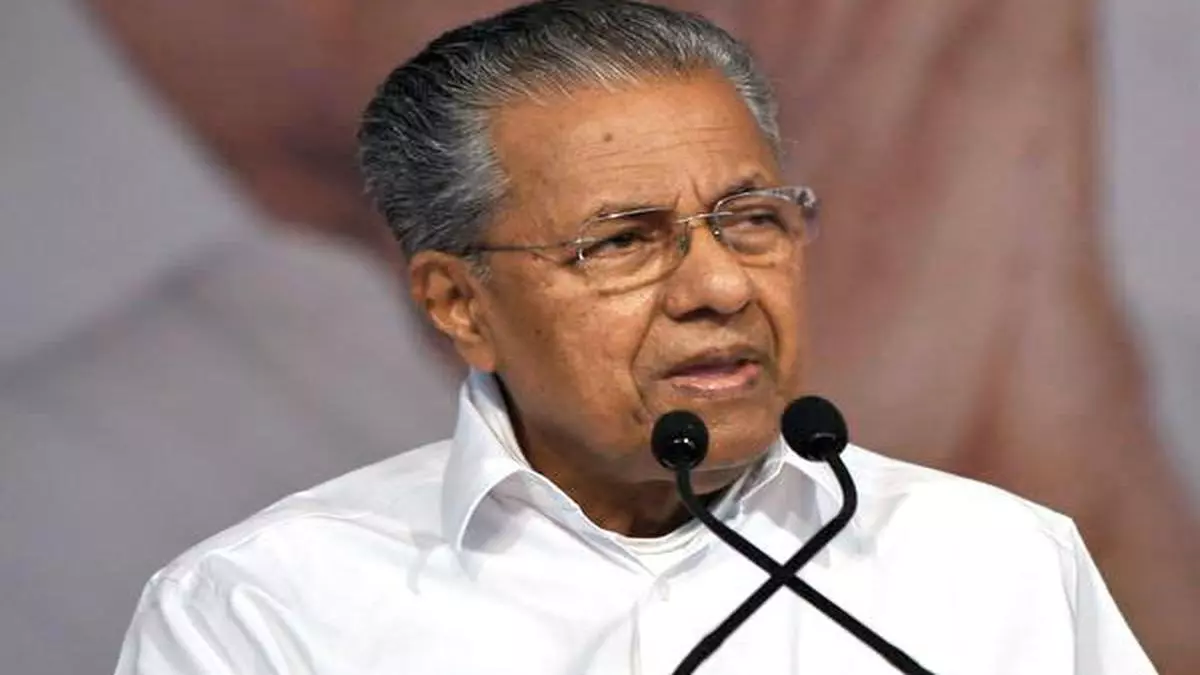
At the Invest Kerala Global Summit, Kerala's Chief Minister Pinarayi Vijayan announced the state's ambitious goal of establishing 15,000 startups and creating one lakh jobs by 2026. Despite the challenging times, the state has witnessed the emergence of 6,200 startups in the past eight years, attracting investments worth ₹5,800 crore and generating 62,000 jobs. The summit, with participation from 26 countries, aims to boost the state's startup ecosystem further.
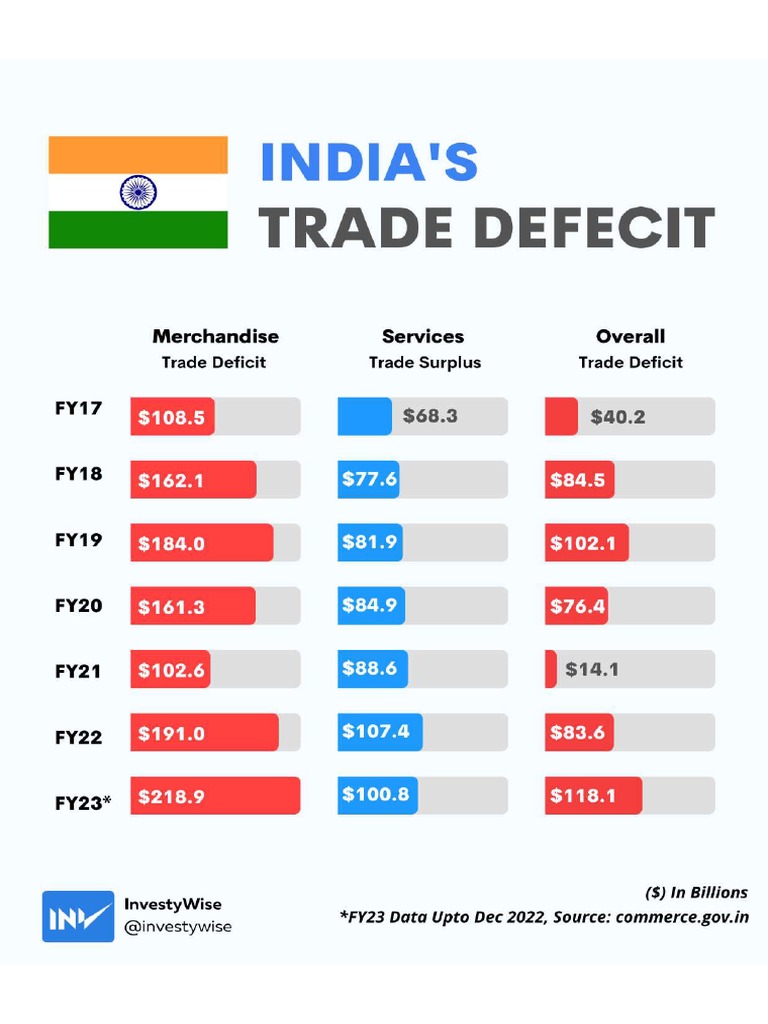
According to recent reports, India's trade deficit has expanded to $22.99 billion in January 2025, surpassing market expectations of $21.0 billion. This marks a significant increase from December 2024's $21.94 billion deficit and January 2024's $16.56 billion deficit. The rise in the trade gap can be attributed to a decrease in exports and a slight increase in imports, amidst global economic uncertainty. While the oil and gold deficit has decreased, the non-oil, non-gold deficit has contributed significantly to the overall trade gap. As oil prices continue to rise, close monitoring of global economic developments will be crucial in shaping India's trade outlook.
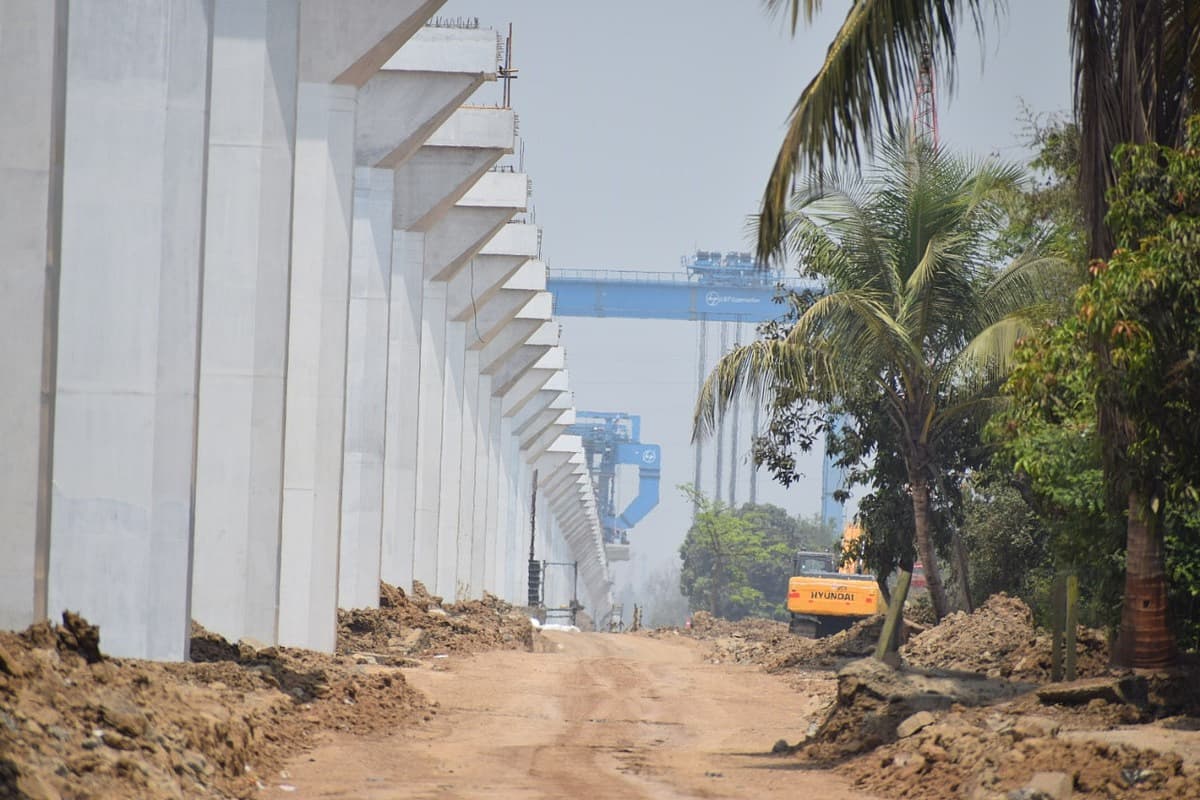
Commuters in Ahmedabad will face temporary road closures as construction continues on India's first bullet train project, the Mumbai-Ahmedabad High-Speed Rail Corridor (MAHSR). The closures will impact three flyovers in the city and the police have issued a notification detailing alternative travel options during the five-week closure period from 22 February to 23 March. The closure serves as a reminder of the progress being made on the MAHSR, a major business and infrastructure project in India.

Quick commerce, the fast delivery model that promises to challenge giants like Amazon and Flipkart, is gaining momentum in India. Zepto CEO predicts that it will overtake traditional e-commerce by 2025. Swiggy, myTVS, Magicpin, and others are already investing in this trend, with the government also providing support through sector-specific schemes. However, the rise of quick commerce has also brought concerns, as the Competition Commission of India investigates complaints and IFFCO warns against unauthorized sales.
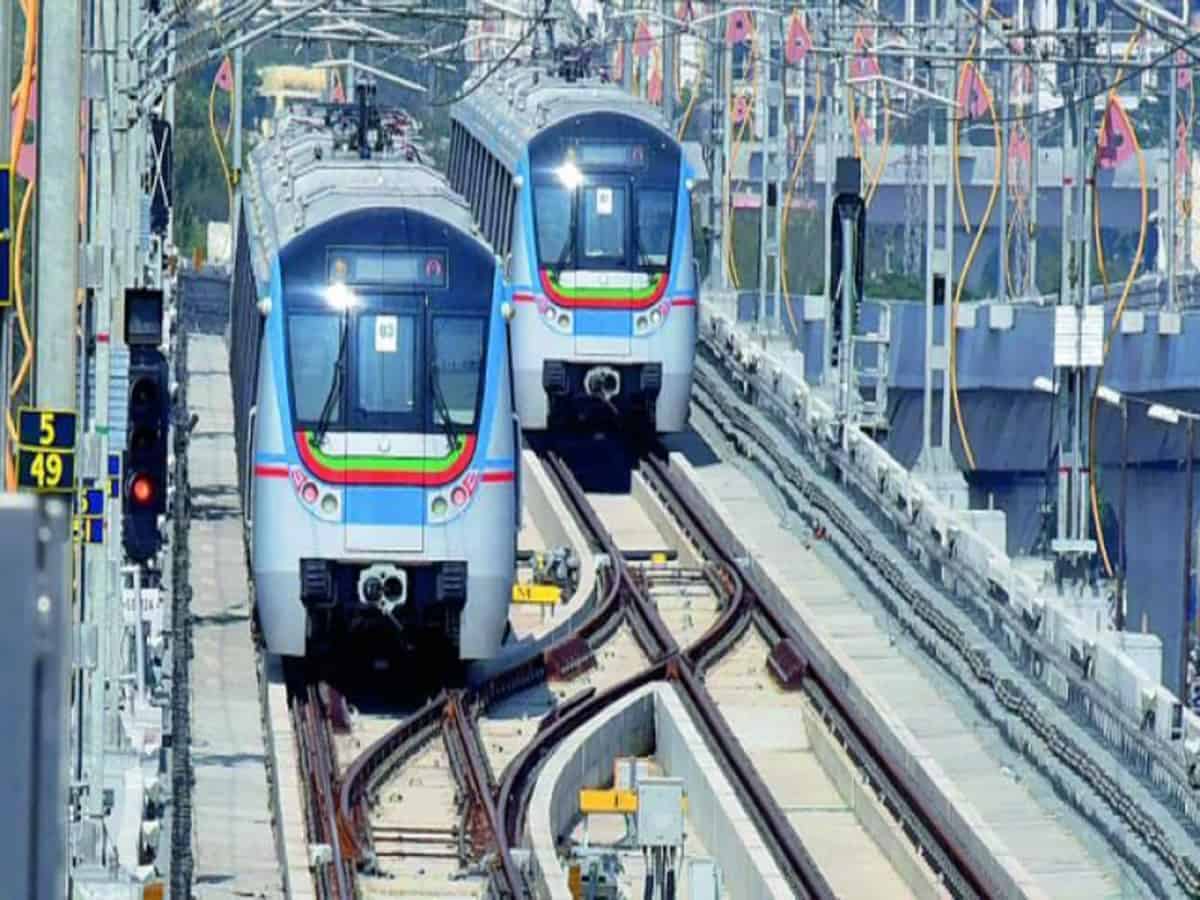
The Hyderabad Metro's expansion plans are making swift progress, with detailed project reports (DPRs) for the Medchal, Shamirpet, and Shamshabad Airport-Future City corridors expected to be submitted to the government by the end of March. The managing director of Hyderabad Metro Rail Limited (HMRL) N V S Reddy revealed that critical traffic surveys and soil testing for these routes are on track for completion in February. He emphasized the importance of three crucial studies in preparing the DPRs: traffic surveys, soil testing, and environmental impact assessment.